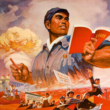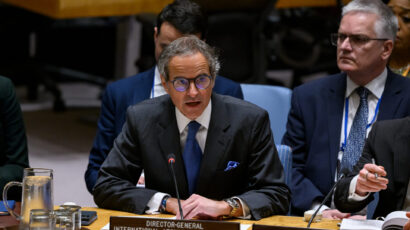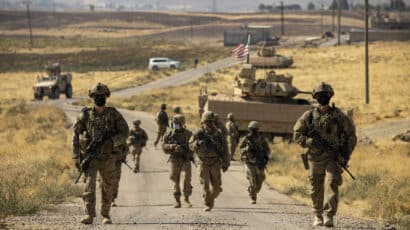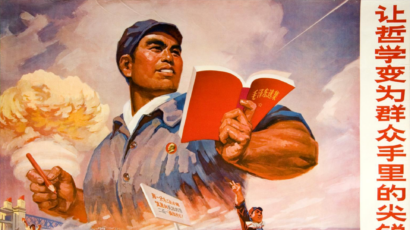Utopian dreams, practical uses
By Ibrahim Said Ibrahim, May 30, 2013
In her first Roundtable essay, Rajeswari Pillai Rajagopalan discussed a number of issues that might inhibit societal verification of arms control treaties in developing countries: suspicion of existing verification regimes, political constraints, and unwillingness on the part of ordinary people to participate. The last of these in particular is related to a belief, common in the developing world, that justice and equality are lacking in the global nonproliferation regime.
I argued in my first essay that societal verification's success would depend on establishing a sufficiently large cadre of educated practitioners. I acknowledge that in my own region, the Middle East, it might be very difficult to convince people of ordinary educational attainment that they ought to participate. In the Middle East, many people harbor frustrations about the nonproliferation regime, and particularly about Israel's nuclear monopoly. It is hard to preach transparency and trust to people who feel that the entire nonproliferation regime is unjust.
But such conditions do not prevail in every region of the world. In Africa and Latin America, where verification procedures already exist in the context of nuclear-weapon-free zones, people might be expected to view societal verification with greater enthusiasm. Moreover, verification techniques would be put to different uses in different societies. In developed countries, for example, societal verification might be most useful when it comes to issues such as crime, human rights, and environmental accords. In some African and Asian states, the focus might be small arms and landmines; weapons of mass destruction would be of limited concern.
But to return to the Middle East, supernatural effort would be required to convince many people to contribute to verification regimes that they feel are fundamentally unjust. But would this hold equally true for well-educated and less-educated people? Could efforts to promote societal verification prove counterproductive, and cause some people actually to conceal information relevant to arms control treaties? These questions are difficult to answer; what is clear is that societal verification won't truly thrive in the Middle East until the region is characterized by sustainable development, good governance, social justice, and political arrangements that guarantee long-term security.
In his second essay, Jamal Khaer Ibrahim discussed diplomatic approaches to societal verification and argued that track 3 diplomacy — person-to-person interactions among individuals and civil society groups working at the grassroots level — is the most appropriate diplomatic approach to promoting citizen verification. I agree that indirect approaches would be the best way to facilitate discussion of these issues. Indeed, track 3 diplomacy and the somewhat more formal track 2 have been the main diplomatic approaches over the last few years in discussions toward establishing a WMD-free zone in the Middle East. The problem, however, is converting the progress that is made in less-formal diplomacy into concrete accomplishments at the national level (track 1). It's an unfortunate reality that track 3 and track 2 ultimately lead back to track 1. Still, Ibrahim is correct that informal diplomacy may contribute to establishing around societal verification a healthy climate of dialogue and debate.
In my view, Ibrahim also makes a strong case that certain business interests might find incentives to embrace societal verification. I would argue that firms in a number of industries whose products can be misused — nuclear power, chemicals, fertilizers, biotech — should consider incorporating societal verification into their corporate responsibility strategies. The chemicals industry is already heavily involved in the Chemical Weapons Convention, and the industry played an important role in formulating the convention's verification procedures. Pledging support for societal verification initiatives would be a logical next step.
It is perhaps true that societal verification can reach its fullest potential only under utopian conditions — in a world where international citizens enthusiastically carry out shared obligations under the protection of benevolent power structures. Such a world will not emerge soon. But that doesn't prevent societal verification from making strong contributions to arms control efforts in the meantime.
Topics: Nuclear Weapons, Technology and Security
Share: [addthis tool="addthis_inline_share_toolbox"]














